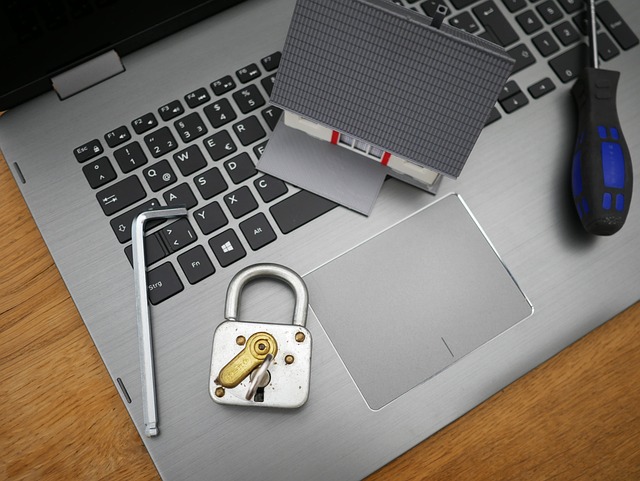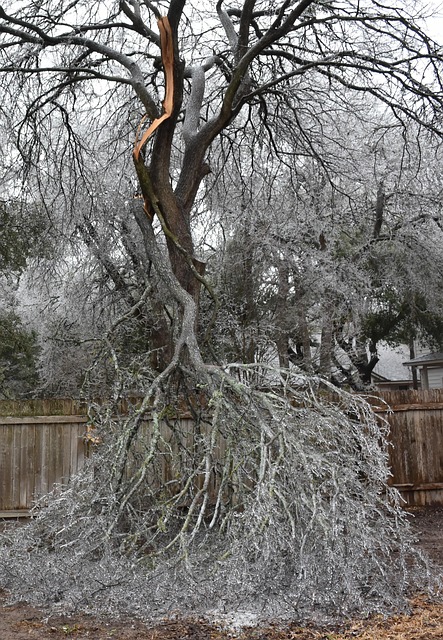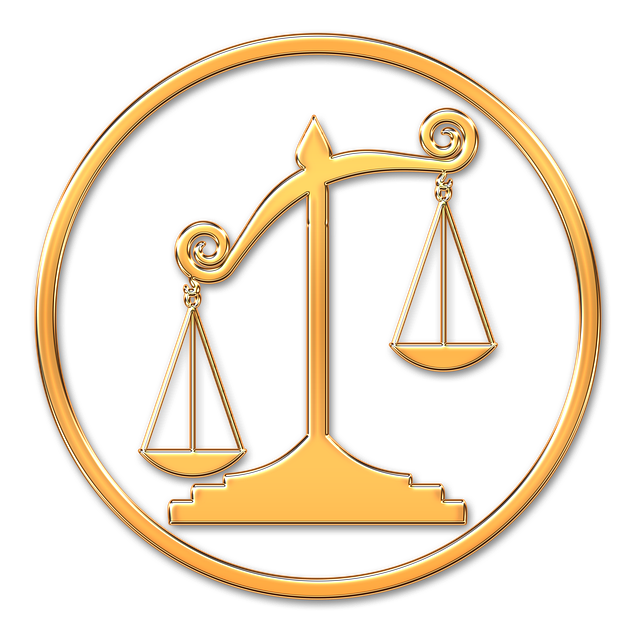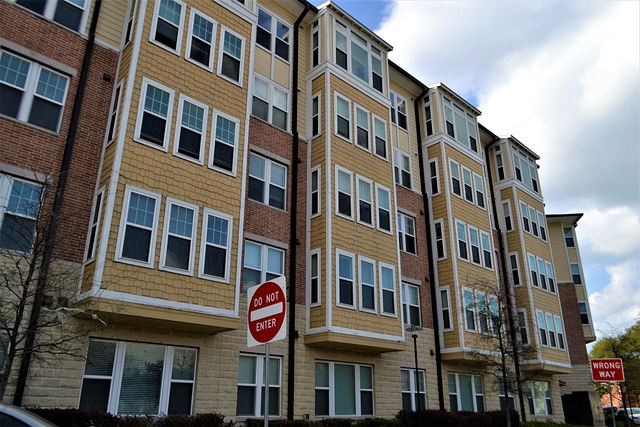Rental property mold poses significant health risks and legal complications. Landlords are responsible for maintaining safe conditions and addressing mold promptly, while tenants have the right to report visible mold or musty odors and cooperate with inspections. Effective communication is crucial to resolving issues, ensuring landlord responsibilities, and mitigating legal problems within rental homes. Prompt notification of recurring tenant mold complaints may indicate systemic problems requiring professional remediation. Tenants have protections regarding mold, and landlords must maintain safe and habitable conditions per local regulations. Regular inspections and proactive maintenance prevent mold-related issues, ensuring a healthy living environment for tenants and protecting landlords from legal repercussions.
As a property owner, managing mold-related concerns is a critical aspect of maintaining a safe and healthy rental environment. This comprehensive guide delves into the intricate obligations surrounding mold removal, offering a detailed overview for landlords and tenants alike. From understanding the nature of rental property mold to navigating legal complexities, we explore tenant rights, landlord responsibilities, and effective strategies for handling mold issues. Armed with this knowledge, property owners can ensure compliance, foster a robust safety culture, and mitigate potential legal pitfalls associated with mold in rental homes.
- Understanding Rental Property Mold: A Comprehensive Overview
- Tenant Rights and Legal Protections Against Mold
- Landlord Responsibilities for Addressing Mold Issues
- Detecting and Documenting Mold in Rental Homes
- Handling Tenant Mold Complaints Effectively
- Navigating Legal Mold Issues: What Every Property Owner Needs to Know
Understanding Rental Property Mold: A Comprehensive Overview
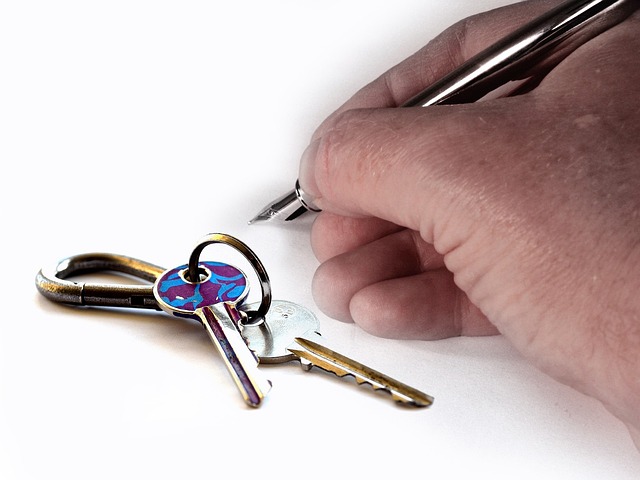
Rental Property Mold: A Comprehensive Overview
Mold in rental homes is a significant concern for both tenants and landlords. When it comes to tenant rights mold and landlord responsibilities mold, understanding legal obligations is crucial. Landlords have a duty to maintain safe and habitable living conditions, which includes addressing any instances of mold growth promptly. Neglecting this responsibility can lead to severe health issues for tenants and legal mold in rental homes complications. Tenants, on the other hand, should be aware of their rights when it comes to reporting and addressing mold concerns. Prompt notification of visible mold or suspicious musty odors is essential, as it allows landlords to take corrective actions before the issue escalates.
While tenants have a responsibility to cooperate with reasonable inspections and remediation efforts, they are also protected by laws that ensure their health and safety. If a tenant experiences recurring tenant mold complaints, it may indicate systemic issues within the property that require professional intervention. Landlords must act swiftly, thoroughly documenting the extent of mold growth and implementing effective remediation strategies to mitigate risks. Open communication between tenants and landlords is vital to resolve legal mold issues promptly, ensuring peace of mind for all parties involved.
Tenant Rights and Legal Protections Against Mold

Tenants have certain rights and protections when it comes to mold in their rental properties. If a tenant notices mold growth in their living space, they should immediately inform their landlord or property manager. This is especially important as prolonged exposure to mold can lead to health issues for occupants. In many jurisdictions, landlords are legally obligated to maintain safe and habitable conditions, which includes addressing mold problems promptly.
There are specific legal frameworks that protect tenants from mold-related issues. For instance, a tenant may have the right to terminate their lease or seek legal remedies if they can prove negligence on the part of the landlord regarding mold remediation. Understanding these rights is crucial for tenants facing mold problems in rental homes, enabling them to take appropriate actions and ensure their well-being within the living environment.
Landlord Responsibilities for Addressing Mold Issues
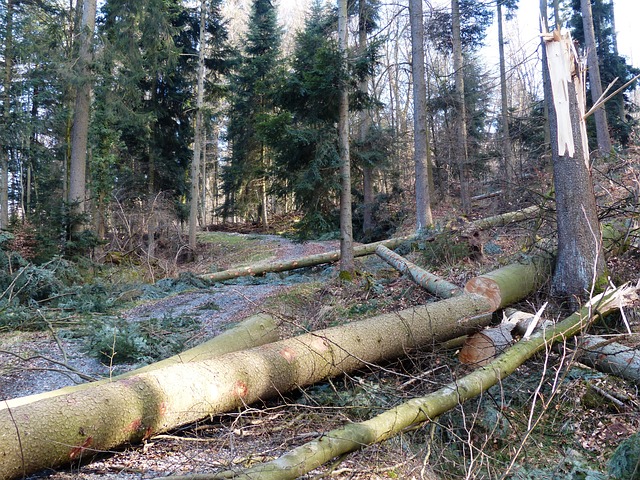
When it comes to rental property mold, landlords have specific obligations to address and prevent issues related to this harmful substance. In cases where mold in rental homes is a concern, landlords are responsible for ensuring a safe living environment for tenants. This includes promptly addressing any visible signs of mold or moisture problems and taking necessary measures to remediate the issue.
Tenants have the right to live in a healthy and mold-free space, and they can file tenant mold complaints if their landlord fails to maintain this standard. In such instances, landlords may face legal mold issues and are required to comply with local regulations and guidelines for mold removal and prevention. Effective communication between landlords and tenants regarding mold concerns is crucial to ensuring a swift resolution, protecting tenant rights, and upholding the highest standards of property management.
Detecting and Documenting Mold in Rental Homes
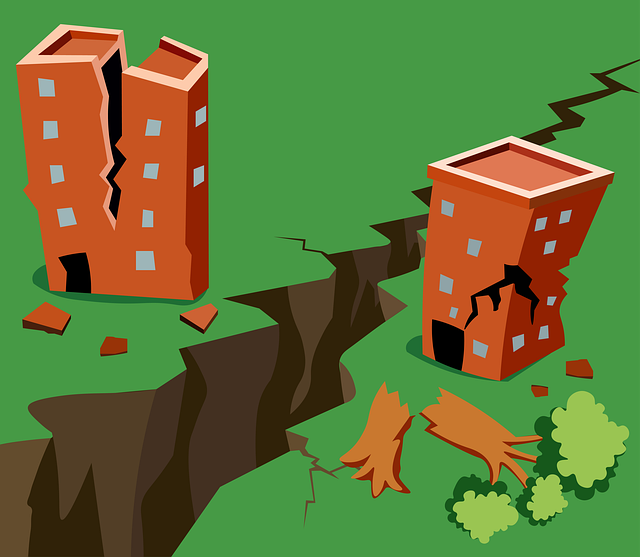
Detecting and documenting mold in rental homes is a crucial aspect of addressing potential legal mold issues and fulfilling landlord responsibilities. Tenants have the right to live in a safe, healthy environment free from hazardous conditions, including mold growth. Property owners should be proactive in maintaining their rental properties to prevent mold-related problems. Regular inspections, especially in areas prone to moisture buildup like bathrooms and kitchens, can help identify early signs of mold.
When tenants raise concerns about mold or discover visible signs, it’s essential to take immediate action. Documenting the issue is vital; take photos of affected areas, record tenant complaints, and note the date of observation. This evidence can be crucial in resolving legal mold disputes, as it demonstrates proactive landlord responses and a commitment to addressing tenant rights regarding mold in rental homes.
Handling Tenant Mold Complaints Effectively
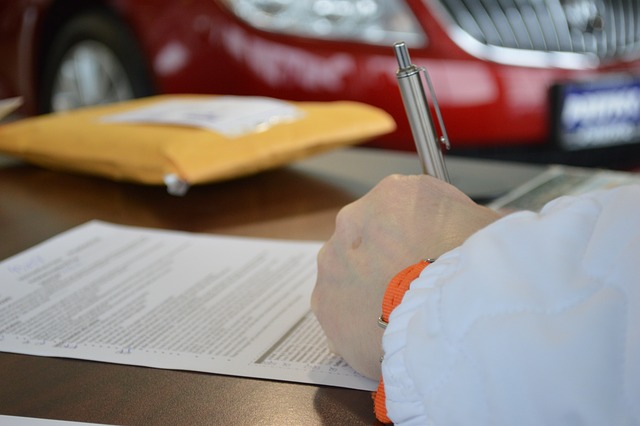
When dealing with tenant mold complaints, property owners must act swiftly and responsibly to address the issue effectively. The first step is acknowledging the concern seriously; mold can pose significant health risks, and tenants have the right to live in a safe environment. Promptly inspecting the property, identifying the source of moisture, and taking immediate action to rectify it are crucial steps. Property owners should communicate transparently with tenants throughout the process, keeping them informed about progress and resolutions.
Understanding tenant rights regarding mold is essential for landlords. In many jurisdictions, there are legal obligations to maintain a habitable environment free from mold growth. Ignoring tenant complaints or failing to address mold issues promptly can lead to legal mold issues, with potential consequences for the landlord. A proactive approach, including regular inspections and proper maintenance, can help prevent such situations.
Navigating Legal Mold Issues: What Every Property Owner Needs to Know

Navigating Legal Mold Issues: What Every Property Owner Needs to Know
As a property owner, understanding your obligations regarding mold removal is crucial, especially when dealing with rental properties. With tenant rights and complaints about mold in rental homes on the rise, landlords must be equipped to handle legal mold issues effectively. It’s essential to know that mold can significantly impact both the health of tenants and the property’s value, making prompt action necessary. Landlords have a responsibility to maintain safe living conditions, which includes addressing mold concerns promptly upon notification from tenants.
When faced with tenant mold complaints, landlords should take immediate steps to inspect the property, identify the source of moisture, and initiate removal processes according to local regulations. Failure to do so could result in legal consequences and financial burdens. Property owners must also be aware of the potential for increased insurance premiums due to mold-related claims. Staying informed about legal mold issues and proactive management practices can help protect both landlords and tenants from costly disputes.

